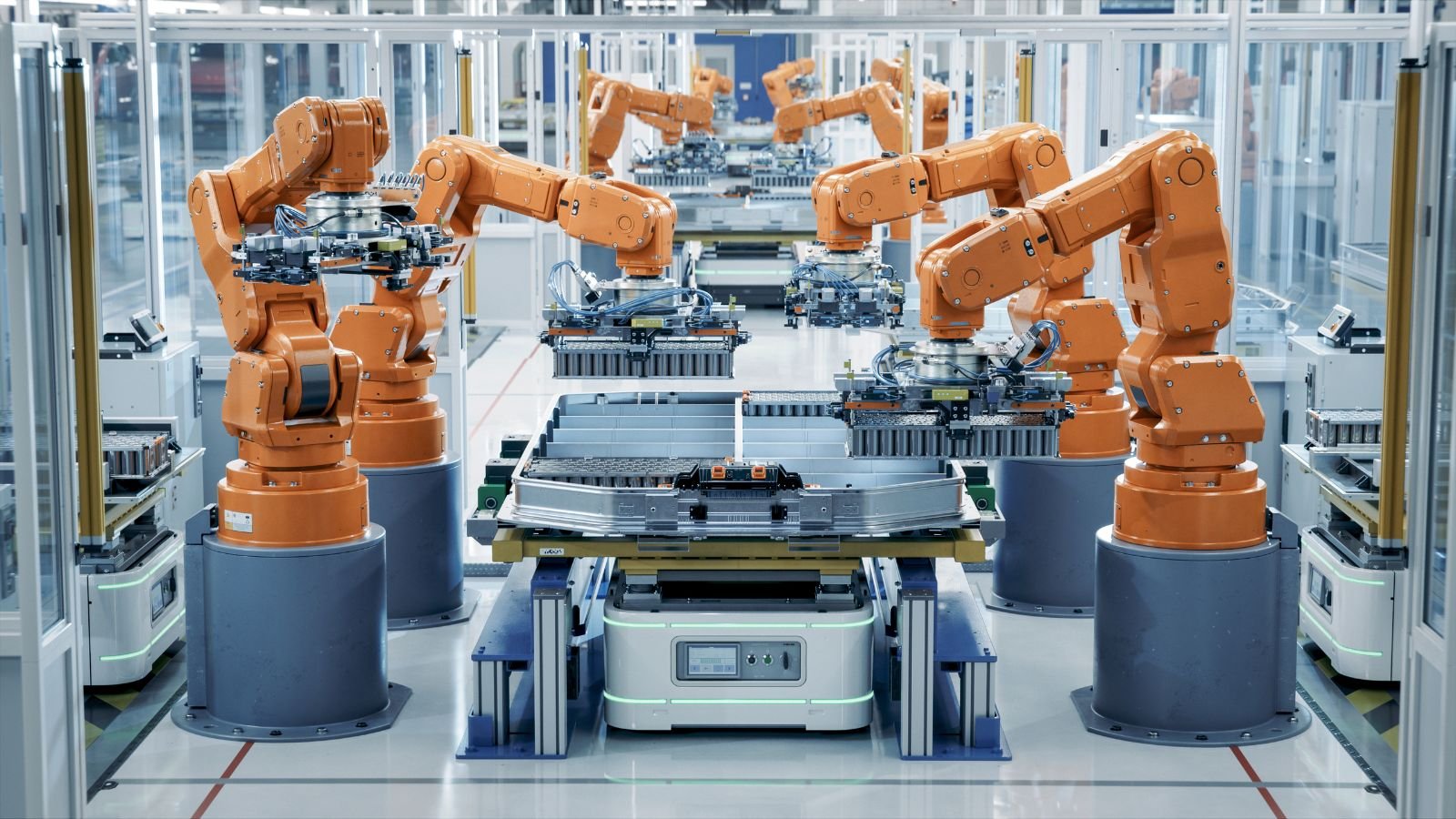Artificial Intelligence (AI) is advancing at a rapid speed. Despite its many advantages, there are plenty of potential downsides that could be catastrophic, which is why many are wary of AI.
Americans are concerned and wary about the rapid integration of AI into our daily lives, showing skepticism about claims that it could do more good than harm.
Here is a list of the growing concerns of Americans towards AI, according to surveys by the Pew Research Center and YouGov.
Use of Artificial Intelligence in Daily Life

As of 2023, 52% of Americans are more concerned than excited about the increased use of artificial intelligence in daily life, while 36% are equally excited and concerned. Only 10% say that the increased use of AI in daily life makes them feel more excited than concerned.
More Americans are concerned about the use of AI in daily life than those who are happy with it. Many are concerned that excessive use of AI could lead to job displacement and increased dependency on technology, which many fear could lead to a loss of human control.
People finding Products and Services they are interested in Online

49% of Americans say artificial intelligence helps more than it hurts people finding products and services they are interested in online. 15% say it hurts more than it helps, while 35% are not sure about its impact in this area.
While AI has made it easier to discover new products and services, many Americans are also concerned about the potential biases and inaccuracies in these recommendations and about their privacy being infringed by corporations using AI to help people find products and services online.
People keeping their Personal Information Private

Only 10% of Americans say artificial intelligence helps more than it hurts people keeping their personal information private, but the majority, 53%, say that it hurts more than it helps in privacy, while 37% are not sure about its impact in this area.
A significant number of Americans are concerned about their privacy in the wake of AI integration. Many are concerned that their data, especially their personal information, could be used inappropriately by companies. Americans are also concerned about potential data breaches and misuse of their personal information, leading them to be apprehensive about claims of AI keeping their personal information private.
Companies making Safe Cars and Trucks

37% of Americans say artificial intelligence helps more than it hurts companies making safe cars and trucks, 19% say that it hurts more than it helps, while a significant portion of people, 44%, are not sure about its impact in this area.
Many Americans are concerned about AI’s ability to handle unexpected driving scenarios, such as potential malfunctions or accidents. They also have concerns about the accuracy and reliability of AI systems used in vehicles and the use of sensitive personal information collected, such as driving habits and locations.
Doctors Providing Quality Care to Patients

37% of Americans say artificial intelligence helps more than it hurts doctors providing quality care to patients, 20% say that it hurts more than it helps, while 42% are not sure about its impact in this area.
Some of the major concerns with the use of AI in healthcare are infringement of doctor-patient confidentiality and lack of human touch. There are also concerns about “AI hallucinations,” where AI invents facts not vetted by researchers or doctors. There is also a chance of bias based on race and gender if the data is not sufficient; this could lead to dangerous consequences for the patients.
People taking care of their Health

33% of Americans say artificial intelligence helps more than it hurts people taking care of their health, 19% say that it hurts more than it helps, while the majority, 47%, are not sure about its impact in this area.
Many Americans are concerned about the use of AI in health management. They are worried about access to sensitive data like health conditions and potential data breaches or misuse of their health information. There are also questions about accountability when AI systems make errors or provide wrong advice.
People finding Accurate Information Online

33% of Americans say artificial intelligence helps more than it hurts people finding accurate information online, 27% say that it hurts more than it helps, while the majority, 40%, are not sure about its impact in this area.
Many Americans are worried that AI might amplify misinformation online because AI’s role in providing accurate information is tied to algorithmic bias. People are questioning whether AI can be trusted to deliver unbiased and reliable content. There are also concerns that AI could misuse personal data while providing information.
Companies providing Quality Customer Service

28% of Americans say artificial intelligence helps more than it hurts companies providing quality customer service, 34% say that it hurts more than it helps, while 37% are not sure about its impact in this area.
Americans’ main concern with companies using AI to provide customer service is AI’s inability to handle complex or nuanced customer issues effectively. They also worry about the lack of human touch and that using AI might lead to generic approaches in customer service.
Police Maintaining Public Safety

24% of Americans say artificial intelligence helps more than it hurts police maintaining public safety, 26% say that it hurts more than it helps, while the majority, 49%, are not sure about its impact in this area.
Many Americans are concerned that AI systems used by police may perpetuate existing biases, particularly against marginalized communities. There are also concerns about accountability when AI systems make mistakes or lead to wrongful actions by law enforcement. Another significant concern is the ethics of AI surveillance and the risk of over-policing and profiling.
Use of AI Tools in K-12 Education

25% of teachers say that the use of AI in K-12 education leads to more harm than benefit, while only 6% claim that it is more beneficial than harmful. 32% say there is equal scope for harm and benefit, while 35% are unsure.
Many Americans worry that an over-reliance on AI could diminish the role of human judgment and skills that students may otherwise develop. There is also the concern that AI algorithms can perpetuate biases and discrimination, which may impact decision-making processes.
Job Reduction

33% of Americans say that AI will reduce the number of jobs available in their industry, while 16% say it will increase the number of jobs, 34% say there will be no effect, and 17% are unsure.
Americans fear that with advancements in Artificial intelligence, many jobs could be replaced, as AI is capable of performing tasks faster and at a lower cost. Many fear that excessive use of AI could reduce jobs in all fields and lead to mass unemployment.
